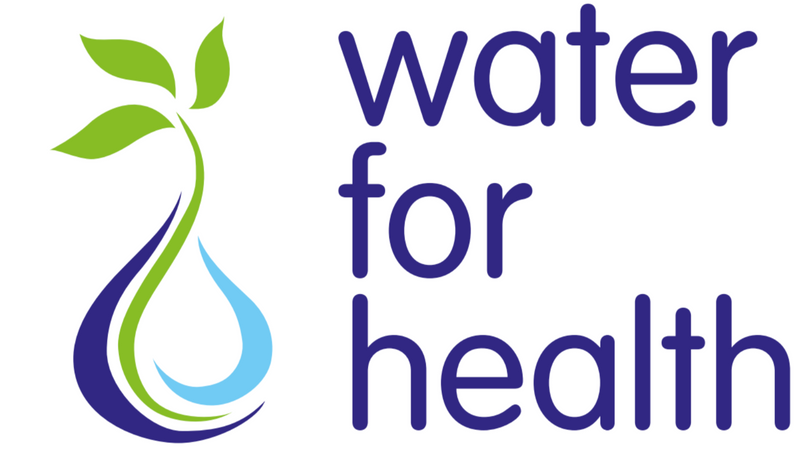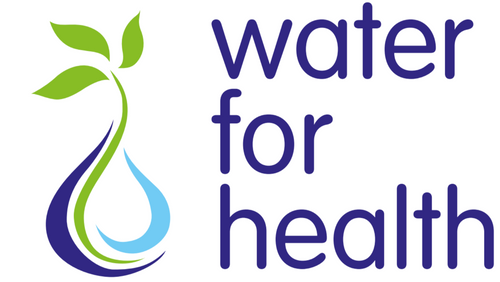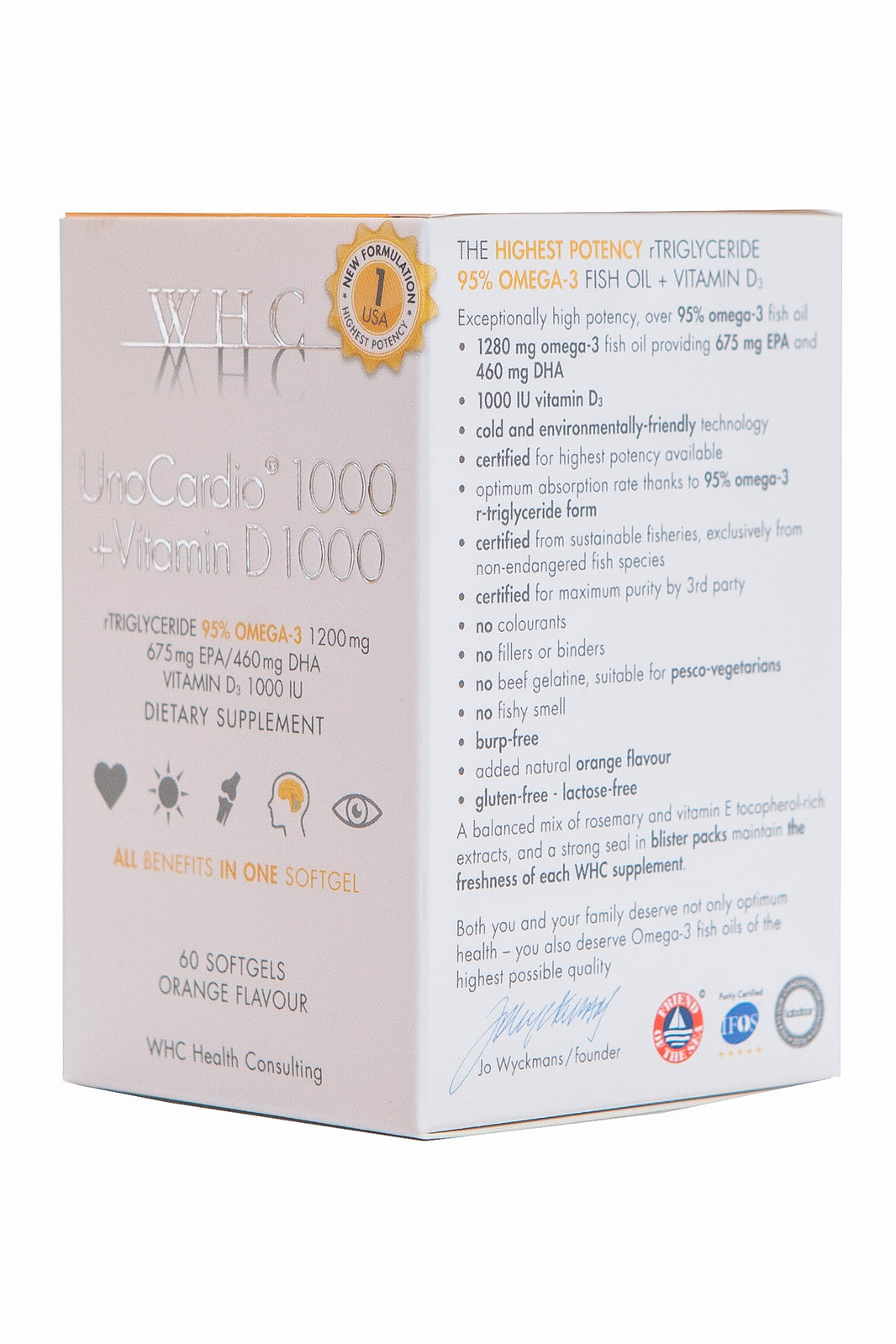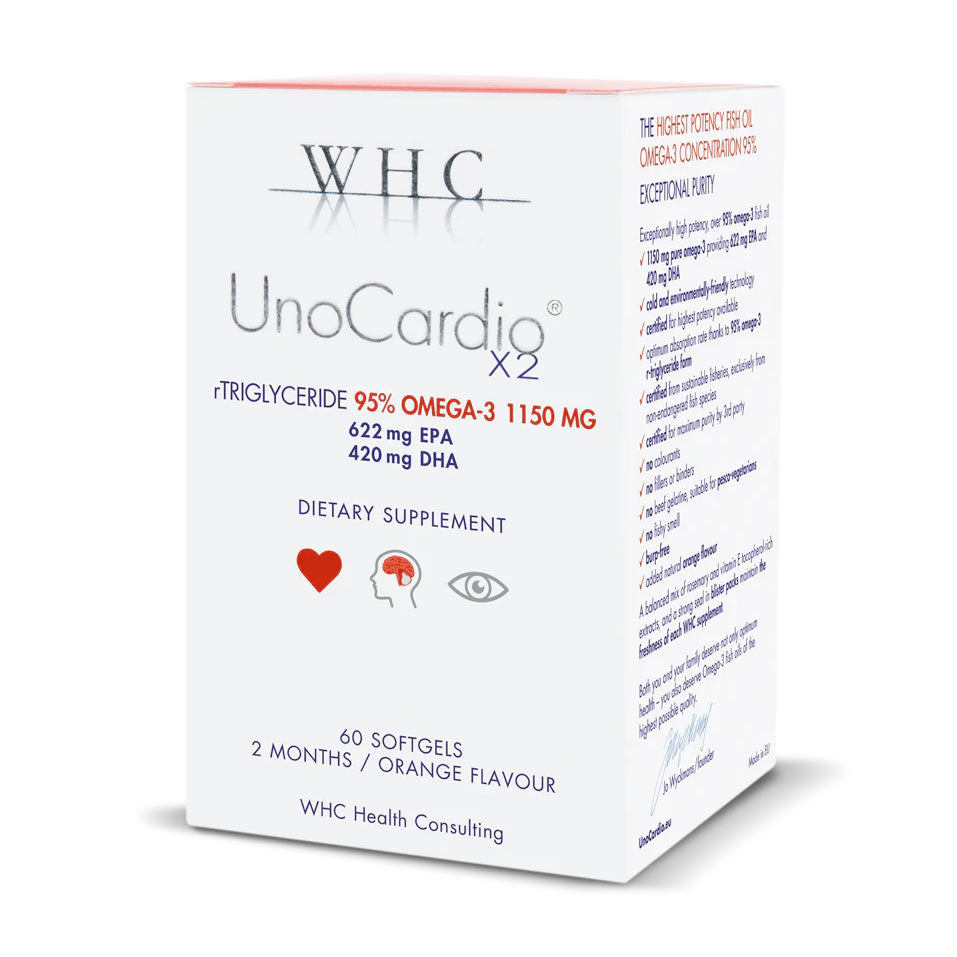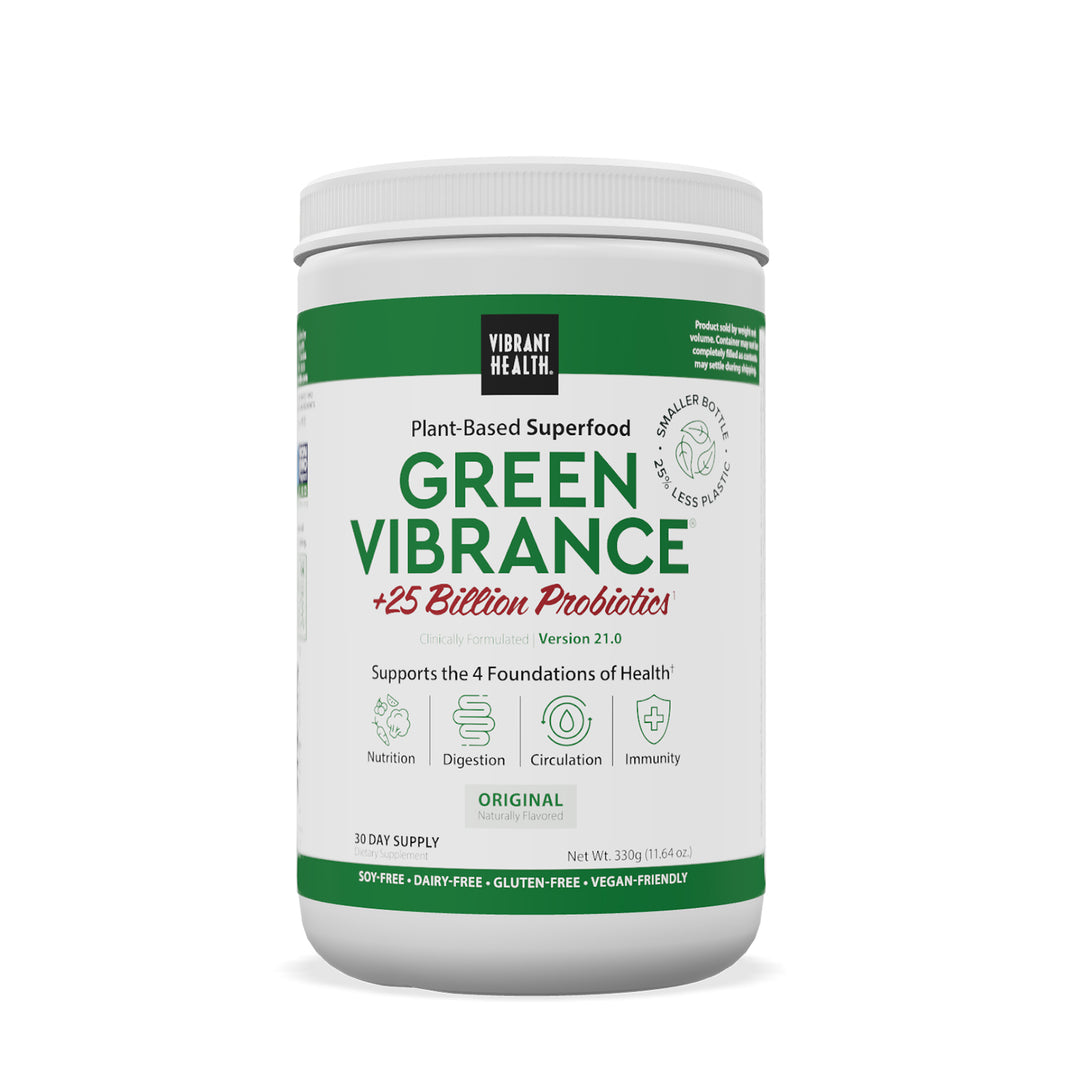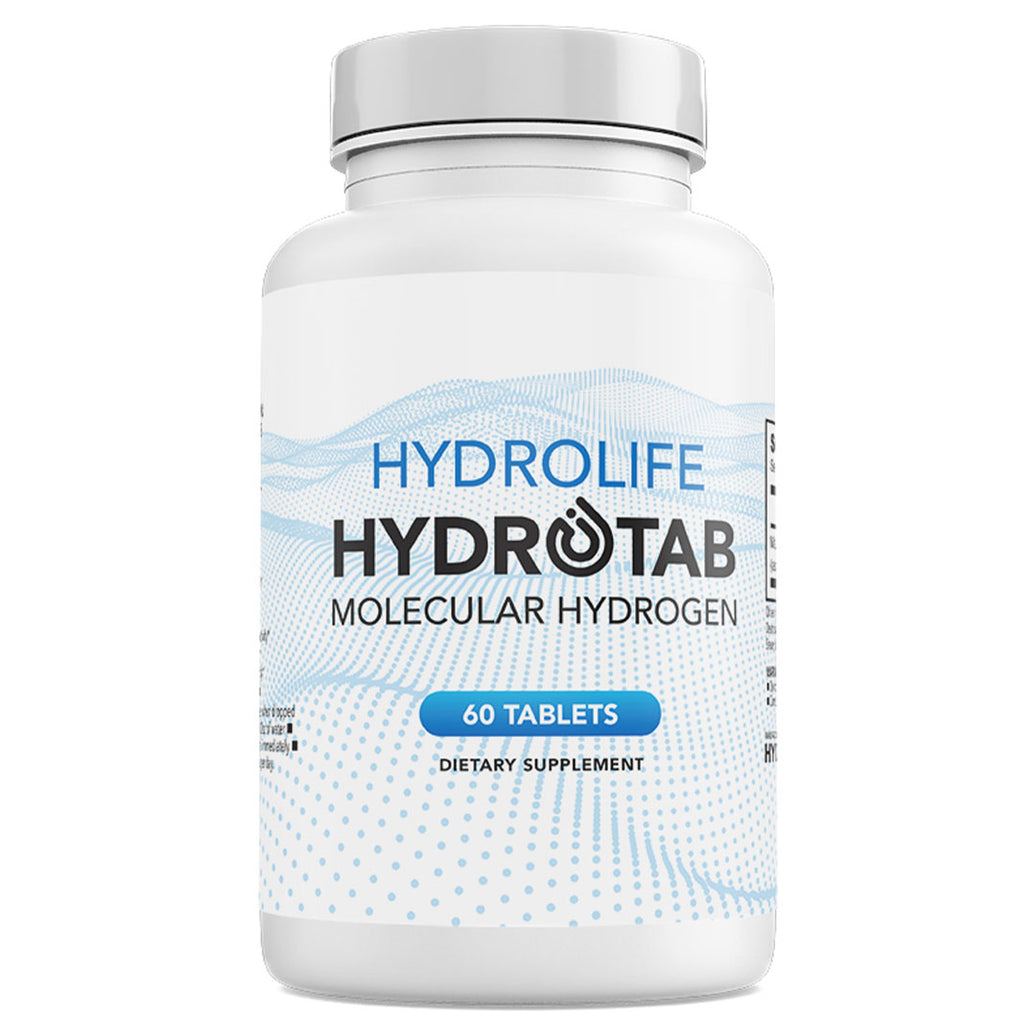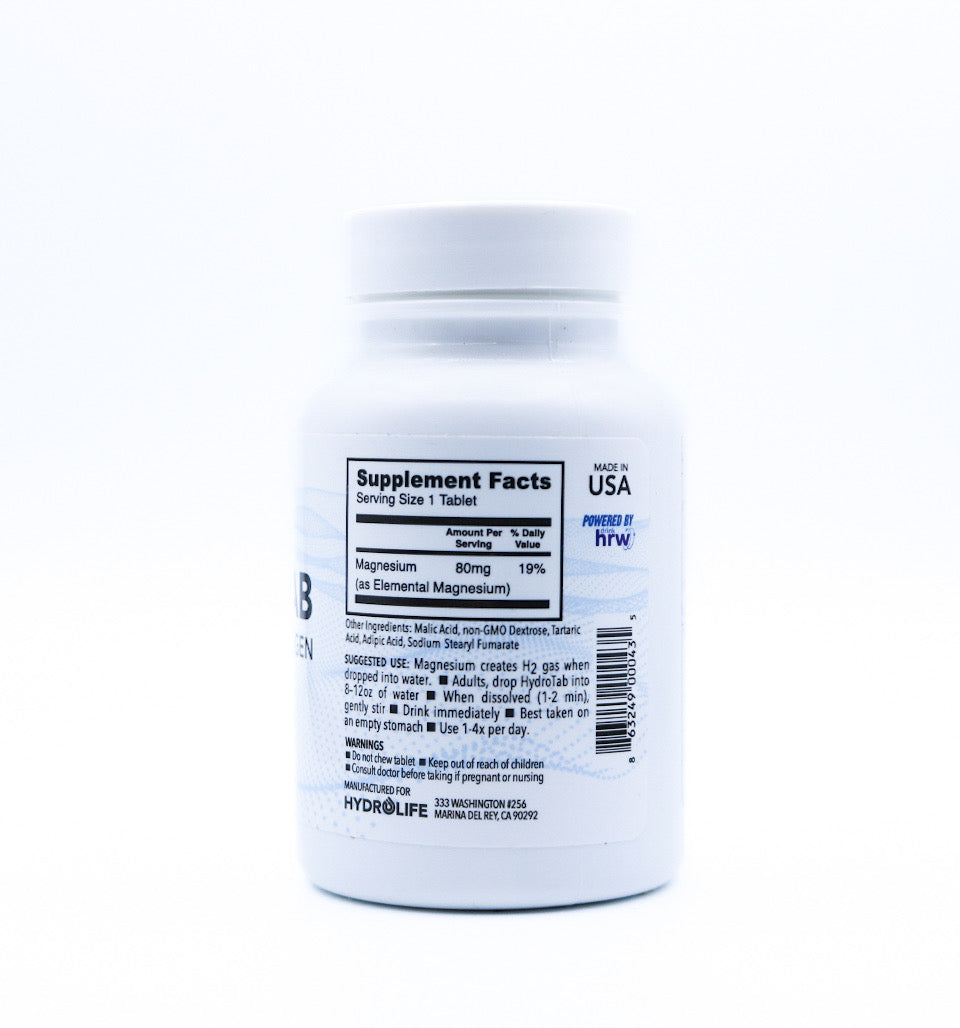In an ideal world, supplements would be superfluous. We would get all the nutrients we need from the food we eat day after day, our water would be completely free of contaminants, we would get the requisite amount of sleep every night and, when our bodies were well rested, we would shun a sedentary life in favour of the regular exercise our bodies intuitively crave.
What a world that would be, right?
The fact is, quality health supplements continue to have a place for many of us. A more pertinent question to ask would be, which health supplements fulfil a need, i.e. a cover natural shortfall in modern diets. Solid arguments can be made for half a dozen or so. But three nutrients are especially useful for several reasons, which we intend to outline in this article. Namely, vitamin D, vitamin B12 and magnesium. And getting enough of them, in combination, couldn’t be more timely.
Many people ask 'Can you take vitamin D, vitamin B12 and magnesium together?'
Let’s look at why you can and should take Vitamin D, Vitamin B12 and magnesium together.
The Case for Vitamin D

Vitamin D, the so-called Sunshine Vitamin, is one of the most beneficial nutrients in existence. Known for its ability to reduce flu risk, protect the lungs and boost immune health , vitamin D also makes contributions towards the maintenance of healthy bones and teeth. It can help to regulate insulin levels and support nervous system health, too.
Because sunshine is the most plentiful source of vitamin D, the NHS recommends that during autumn and winter, babies up to the age of one year need 8.5 to 10 micrograms a day (between 300 to 400 IU). Children from the age of one year, as well as adults, need 10 micrograms of vitamin D a day (400 IU per day). Supplementation is the only realistic way to achieve this when the sun is scarce.
There are literally thousands of studies (1) confirming vitamin D benefits for the body, with the Vitamin D Council recommending a much higher daily dose than the NHS for optimum health – about 250 mcg (10,000 IU) for most adults.
Vitamin D has been in the news a lot lately, after it came to light that coronavirus patients were three times more likely to be severely ill (2) if they had low levels of vitamin D.
As noted in a review (3) published by The Royal Society in June, 2020, “Vitamin D diminishes the production of inflammatory cytokines, which appear to play a central part in the pathogenesis of severe COVID-19.”
The take-home? It’s never been more important to ensure your vitamin D levels are in check. And unless you’re getting plenty of sun on your skin every day, they almost certainly won’t be.
Why Many of Us Need Vitamin B12
Vitamin B12 is one of the most important B vitamins . Found exclusively in animal products (meat, eggs, fish, dairy), B12 helps to maintain our healthy red blood cell count while also contributing to the immune and nervous systems, psychological function, metabolism, cell division and energy levels.
Vegetarians and vegans are naturally at higher risk of vitamin B12 deficiency, although some doctors believe deficiency is under-diagnosed in the general population.
Incidentally, Singapore General Hospital are giving (4) coronavirus patients aged 50 and over a combination of vitamin D, magnesium and vitamin B12. The micronutrient combination comprises daily doses of 1,000 IU vitamin D, 150mg magnesium, and 500mcg vitamin B12, for up to 14 days.
“Patients who received DMB had a significant reduction of clinical deterioration compared to patients without DMB. Clinical deterioration was recognised as requiring oxygen support and intensive care support.”
The Singapore medics reported “no adverse side effects” associated with the supplementation, as the nutrients were “readily available and inexpensive.”
While the benefits of Vitamin D as far as viruses are concerned is well documented, it is believed magnesium was introduced to synthesise and activate vitamin D, whereas B12 was included to modulate gut health and therefore prime the immune system.
The Many Functions of Magnesium

Magnesium’s role in boosting Vitamin D (5) is somewhat unheralded. Most people associate the mineral with other benefits. For example, did you know that calcium cannot be absorbed without sufficient magnesium?
Our muscles contain roughly 27% magnesium, and our bones 60%, with the mineral heavily involved in well over 300 biochemical reactions.
Actually, a 2016 meta-analysis (7) of 40 cohort studies totalling over a million participants showed that higher magnesium intake reduced the risk of heart failure by 22%, and the risk of stroke by 7%.
Magnesium is also intimately associated with energy production, electrolyte balance (read: hydration) and oxygen uptake, which is why it’s viewed as one of the best nutrients for athletic performance.
According to magnesium expert Dr. Carolyn Dean, as much as 70-80% of the world’s population may be deficient in magnesium. Sadly, the message about widespread magnesium deficiency has never truly translated into clinical application.
Symptoms of deficiency (8) can include fatigue, mood swings, depression and insomnia.
Conclusion
You can take vitamin D, Vitamin B12 and magnesium together.
As noted in a review published by The Royal Society in June, 2020 (9), “Vitamin D diminishes the production of inflammatory cytokines, which appear to play a central part in the pathogenesis of severe COVID-19.”
Ask any nutritionally aware doctor (it’s a great shame that prefix needs to be used), naturopath or nutritionist which nutrients they consider most important and vitamin D, vitamin B12 and magnesium are likely to come up time and time again.
While it’s possible you get enough of the latter two (if you are a meat-eater, and follow a very nutritious diet), you’re unlikely to get vitamin D unless you supplement.
The study from Singapore (10) certainly makes for interesting reading, and we will keep our eyes peeled for others which highlight the preventive measures we can all take as far as nutrition and lifestyle is concerned.
Water for Health Ltd began trading in 2007 with the goal of positively affecting the lives of many. We still retain that mission because we believe that proper hydration and nutrition can make a massive difference to people’s health and quality of life. Click here to find out more.
Updated January 2025
Sources
1. NIH. National Library of Medicine. https://pubmed.ncbi.nlm.nih.gov/?term=vitamin%20d&sort=date
2. Brown M. In response to: Low serum 25-hydroxyvitamin D (25[OH]D) levels in patients hospitalized with COVID-19 are associated with greater disease severity. Clin Endocrinol (Oxf). 2020 Nov;93(5):631. doi: 10.1111/cen.14285. Epub 2020 Aug 4. PMID: 32671847; PMCID: PMC7405162. https://pubmed.ncbi.nlm.nih.gov/32671847/
3. The Royal Society. 2020. Vitamin D and COVID-19. https://royalsociety.org/-/media/policy/projects/set-c/set-c-vitamin-d-and-covid-19.pdf
4. Nutraingredients Asia. Guan Yu Lim. 2020. Guan Yu Lim. Singapore Covid-19 Study: Vitamin B12, D and Magnesium supplementation reduces severity in older patients. https://www.nutraingredients-asia.com/Article/2020/06/29/Singapore-COVID-19-study-Vitamin-B12-D-and-magnesium-supplementation-reduces-severity-in-older-patients/
5. Reddy P, Edwards LR.(2019) Magnesium Supplementation in Vitamin D Deficiency. Am J Ther. 2019 Jan/Feb;26(1):e124-e132. doi: 10.1097/MJT.0000000000000538. PMID: 28471760. https://pubmed.ncbi.nlm.nih.gov/28471760/
6. National Institutes of Health. Dietary Supplement Fact Sheet - Magnesium. https://ods.od.nih.gov/factsheets/Magnesium-HealthProfessional/
7. Fang X, Wang K, Han D, He X, Wei J, Zhao L, Imam MU, Ping Z, Li Y, Xu Y, Min J, Wang F. (2016) Dietary magnesium intake and the risk of cardiovascular disease, type 2 diabetes, and all-cause mortality: a dose-response meta-analysis of prospective cohort studies. BMC Med. 2016 Dec 8;14(1):210. doi: 10.1186/s12916-016-0742-z. PMID: 27927203; PMCID: PMC5143460. https://pmc.ncbi.nlm.nih.gov/articles/PMC5143460/
8. National Instututes of Health. Magnesium - Fact Sheet for Consumers. https://ods.od.nih.gov/factsheets/Magnesium-Consumer/
9. The Royal Society. (2020). Vitamin D and Covid-19. https://royalsociety.org/-/media/policy/projects/set-c/set-c-vitamin-d-and-covid-19.pdf
10. Tan CW, Ho LP, Kalimuddin S, Cherng BPZ, Teh YE, Thien SY, Wong HM, Tern PJW, Chandran M, Chay JWM, Nagarajan C, Sultana R, Low JGH, Ng HJ. Cohort study to evaluate the effect of vitamin D magnesium, and vitamin B 12 in combination on progression to severe outcomes in older patients with coronavirus (COVID-19). Nutrition. 2020 Nov-Dec;79-80:111017. doi: 10.1016/j.nut.2020.111017. Epub 2020 Sep 8. PMID: 33039952; PMCID: PMC7832811. https://pmc.ncbi.nlm.nih.gov/articles/PMC7832811/
